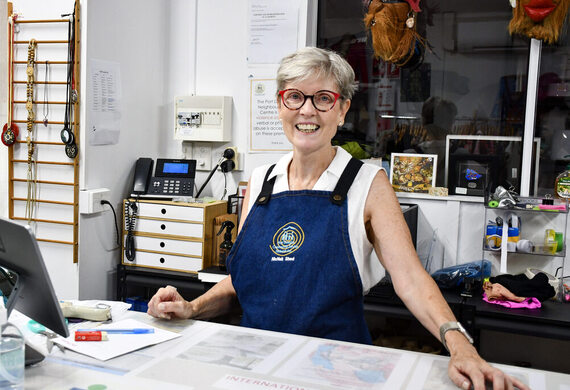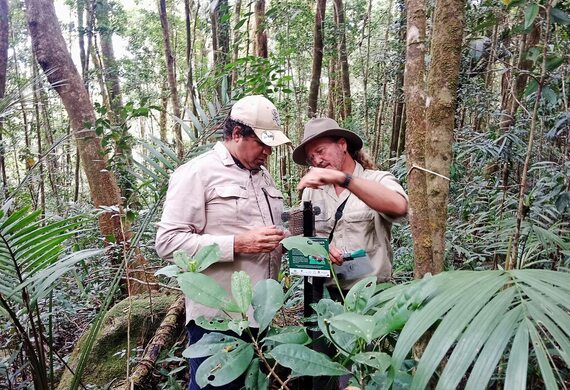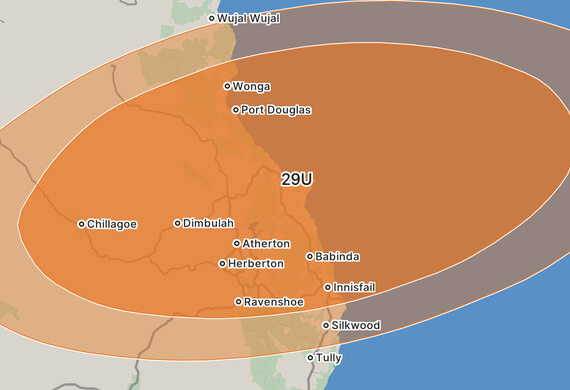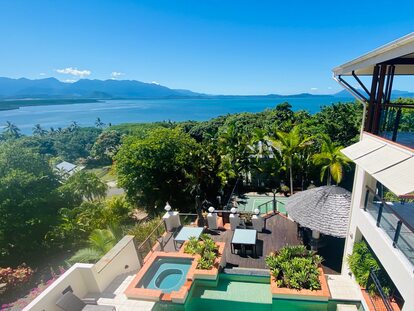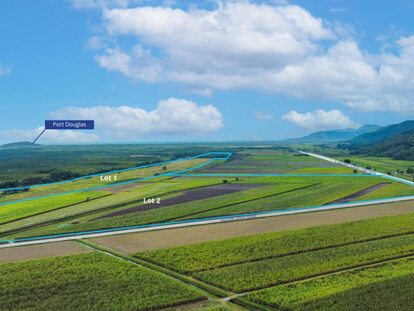Katter party croc bill torn apart by opponents
FNQ waterways
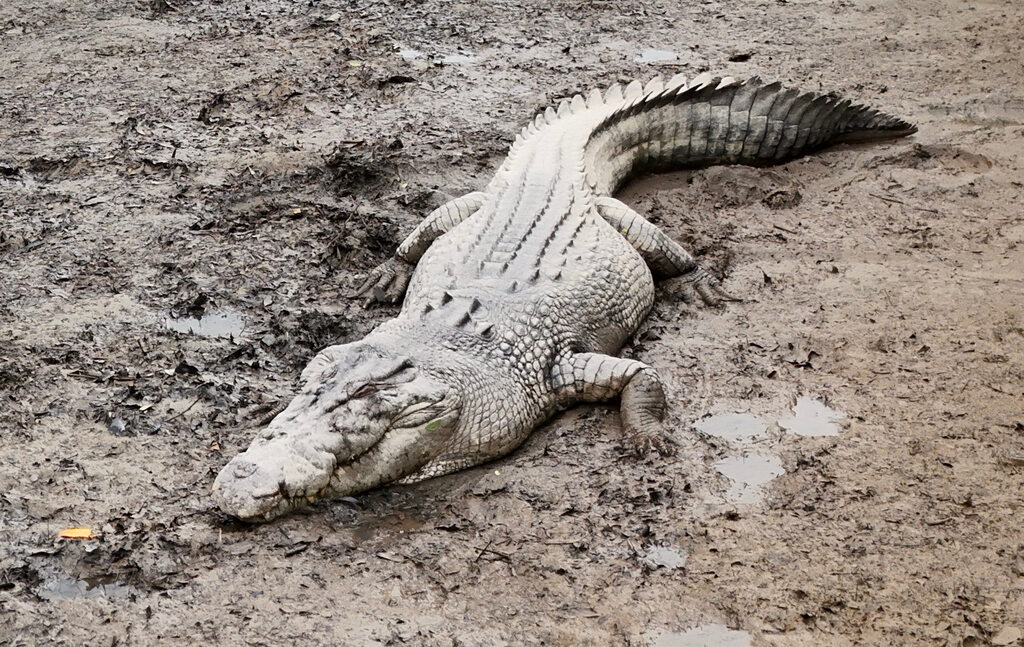
The critics of a now essentially dead-in-the-water bill to strengthen croc laws have torn apart the attempt by the Katter’s Australian Party to enshrine it into state law.
Crocodile conservationist and Daintree River tour guide David White said last week this was the fifth attempt by Hill MP Shane Knuth to push through a “croc-cull agenda” which was “based on hysteria, not science”.
“This bill isn’t about safety,” Mr White said.
“It treats Queenslanders like we’re idiots who can’t be educated, we are nanny staters wrapped in bubble wrap, relying instead on fearmongering and old-school blame games.”
And the committee tasked with reporting on the latest Crocodile Control and Conservation Bill was also highly critical, especially in regard to Mr Knuth’s level of consultation with crocodile experts and Indigenous communities.
“The Member for Hill did not provide a cohesive rationale for the proposed approach to culling and removal,” the committee report reads.
“The Member for Hill’s consultation during the development of the Bill was completely inadequate,” the committee stated.
“(The authors) say they have consulted widely but have not contacted Queensland researchers who have carried out the world’s longest continuous study of crocodilian behaviour – Australia Zoo and the University of Queensland.”
The committee also refuted Mr Knuth’s claims that crocodile numbers were rising sharply, saying the increase was not much above 2 per cent in the past about 50 years, and they had slowed in more recent times to about 20,000-30,000 crocs.
And they said crocodile deaths averaged less than one every two years, while more than 4000 people per year died of accidental falls and even dogs killed about six people each year.
“Crocodile attacks are exceedingly rare,” the report reads.
Northern Territory crocodile manager Charlie Manolis also criticised Mr Knuth’s approach.
“To achieve public safety of the type envisioned by the Member for Hill, population levels would need to be reduced to levels akin to commercial extinction last seen in Queensland in the 1970s,” he said.
While Queensland Parks and Wildlife Service program coordinator Simon Booth also dismantled one of Mr Knuth’s key arguments.
“To reduce the rate of attacks by around 50 per cent you would need to remove at least 90 per cent of the crocodile population, which is just not achievable,” he said.
Conservationist Bob Irwin Sr said culling crocodiles was “absolutely pointless”.
“You are never going to be able to say to the general public, ‘You can swim in that river now’ because you will not ever know, will you, that there are crocodiles still there?”
Of 190 submissions to the committee, more than 130 were against the bill and a further 11 supported it but wanted amendments. For his part, Mr Knuth issued a statement following the report findings.
“I’m disappointed, but not surprised,” he said.
“The committee and back-to-back governments do not have the intestinal fortitude to take action.”
The State Government has three months to respond to the report’s recommendations, while the earliest possible date that the bill can be further debated by MPs in the Legislative Assembly is October 28.
David White’s opinion
Another croc bill, another day, another waste of time and taxpayers’ money.
Another crocodile bill… another stunt. Another extreme waste of taxpayers’ money for what? Roughly one fatality a year.
Meanwhile, we’re drowning in real issues - domestic violence alone kills more Australians than crocodiles ever have.
This is the fifth attempt at pushing through a croc-cull agenda dressed up as a public safety bill. And just like before, it’s based on hysteria, not science.
Even Knuth himself said he “rejects the science” - and he truly does.
This bill isn’t about safety. It treats Queenslanders like we’re idiots who can’t be educated, we are nanny staters wrapped in bubble wrap, relying instead on fearmongering and old-school blame games.
But here’s the truth: Blatantly rejecting scientific evidence and promising false safety is more than irresponsible - it’s dangerous.
And once again, the bill has been twisted into a media sideshow - city vs country. Greenies vs rednecks. Croc lovers vs croc haters. Woke vs apathetic. All designed to divide. All irrelevant.
The bill claims to be about human safety, but science - real science - tells us otherwise: Culling creates complacency, and complacency is deadly; Education is the only proven method to reduce risk, and; The low number of croc-related deaths proves it’s working.
As Northern Territory crocodile manager Charlie Manolis famously said: “If you want to make Queensland safe, you’d have to kill 30,000 crocs and fence the whole state off - and while you’re at it, fence off the crocs coming in from the NT and PNG too.”
I attended the original 2017 Safer Waterways Bill as a witness, and again this time around. Same bill, just a shinier name.
This time, they limited who could speak, and many important voices were left out - especially First Nations People. I was asked by some Traditional Owners - who view crocs as totems - to support them. And I was proud to stand with them, along with many locals who also opposed the bill.
Dr Cameron Baker’s study shows clearly: Culling is a waste of money, ineffective, and gives people a false sense of security.
We don’t need a bloodbath - we need education, respect, and common sense.
Shane Knuth’s opinion
The Parliamentary Health, Environment and Innovation Committee - whose members are NOT in North Queensland - has recommended our Crocodile Control and Conservation Bill 2025 not be passed, and further recommends the placing of more croc signs, public education and everybody to be “croc wise”.
I’m disappointed, but not surprised.
The committee and back-to-back governments do not have the intestinal fortitude to take action and do something positive against the threat of crocodiles in the north.
We will not back down!
Our waterways are our greatest asset and we’ll be working hard and committed to ensure that people come before crocs and that we will reclaim back our waterways.
Support public interest journalism
Help us to continue covering local stories that matter. Please consider supporting below.


